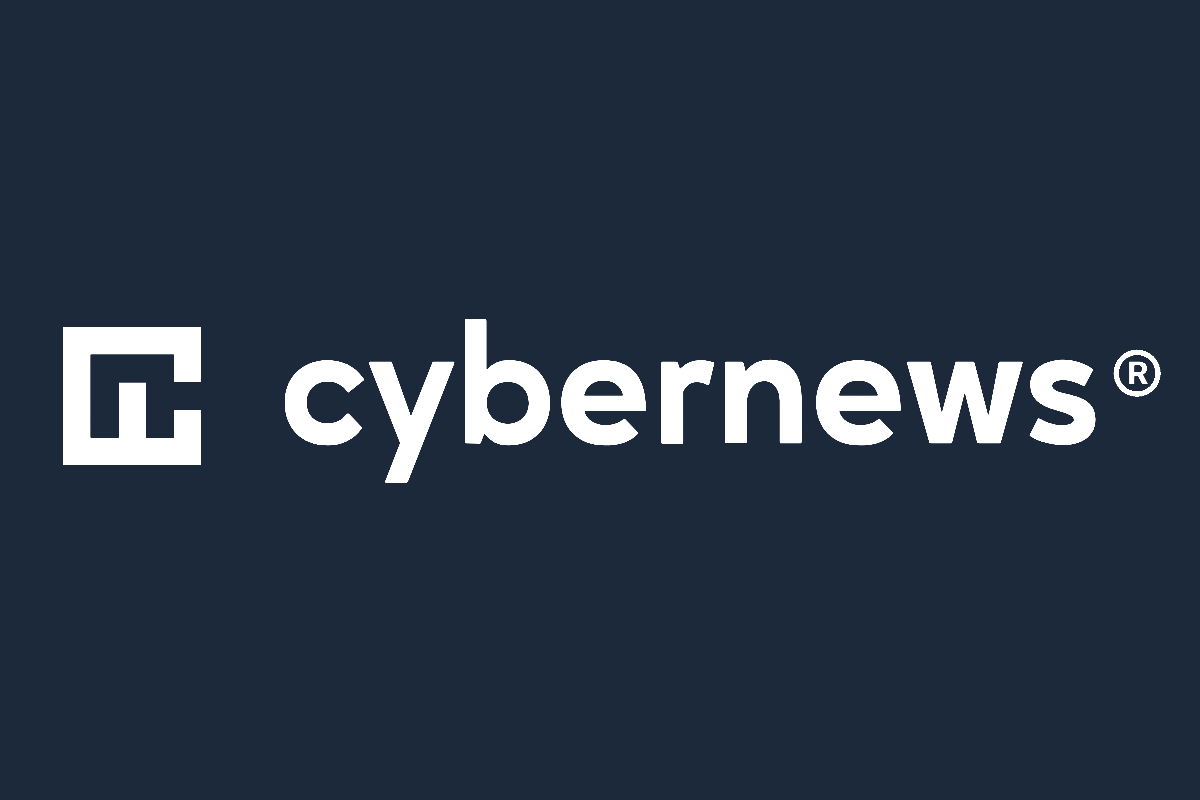This is a guest post by Cybernews. Original blog found at cybernews.com
Every organization seeks for its data to be available in the most secure and convenient way possible. However, securing large amounts of information is often a tough task.
Luckily, one of the solutions is software-defined storage or SDS.
Even though the term “software-defined” has been rather misused it originally meant storage systems that didn’t have a close coupling between hardware and software. As a result, with the help of this innovation, any customer can purchase hardware and deploy the software they wanted to run on it.
Today we are speaking with Philipp Reisner, CEO of LINBIT® – a world’s leading provider of SDS, High Availability, and Disaster Recovery software – who encourages us not to overlook limitless possibilities of open source and reminds us, that there are more other ways to ensure cybersecurity, than just choosing VPN provider.
How did the idea of LINBIT originate? What has your journey been like throughout the decades?
We founded LINBIT in 2001 as a generic Linux services company. We did the planning and operation of Linux servers for our customers in the early years. High availability was an important aspect from the beginning. Starting with 2008 we shifted our focus away from “everything Linux” to high availability and block storage replication for Linux.
In 2014 we began to transform again, this time to “software-defined storage”. The first attempt was a failure. In 2018 we started over with LINSTOR®. LINSTOR and DRBD® are the two major building blocks of LINBIT SDS. They form the base for our successes with Kubernetes.
Can you tell us a little bit about what you do? What is software-defined storage?
Software-defined storage (SDS) is essentially software that manages data storage resources and functionality without dependence on software in closed appliances. Making storage resources programmable allows greater flexibility, efficiency, and faster scalability. The storage hardware we build on is common off-the-shelf, cost-effective storage devices.
LINBIT SDS delivers ultra-fast, resilient block storage for cloud infrastructure. The SDS solution enables commodity hardware to create high-performance storage clusters. Our storage solution is perfect for cloud environments because it ensures application availability as the storage scales.
It is evident that open source is an important part of LINBIT. Would you like to share more about your vision?
The potential is truly limitless. Open source is changing the world, and our advice to others in the tech industry is to jump on it! Every recent big startup (unicorn) uses extensively open-source software for building its backing software infrastructure.
Just look back and see how the landscape of proprietary Unix operating systems was washed away by the Linux wave. The same will happen to the proprietary software sitting in storage appliances these days.
How do you think the recent global events affected the way people approach cybersecurity?
Our software contributions are helping the world to overcome disruption. Through COVID and even through the turbulent times of 2022, we are witnessing the continuing decline of big established enterprises and the rise of the cloud.
As a result of recent events and a natural increase in awareness, people are taking cybersecurity more seriously than ever, and this trend will only continue.
Why do you think organizations often fail to see the full scope of their attack surface?
Yes, that is true. And it is hard. It is natural to care about the purpose of your organization first, and cybersecurity comes at a later position in the list of priorities. Important is that it does not fall off the list.
In your opinion, why do certain companies hesitate to implement open source solutions?
The bigger and older the organization, the more they are invested in legacy technologies. It takes energy and resources to re-architecture. In my opinion, turning to open source is a win for every organization.
Sure, developing the plan on how to implement it, how to consume it, and what to contribute back, is a challenge at first. I am convinced that it pays off soon.
Besides providing storage software you also offer disaster recovery services. What does this process usually look like? Can everything be restored “back to normal” after an incident?
Yes, our disaster recovery solution is extremely reliable.
LINBIT® DR enables asynchronous data replication from your primary site to a Disaster Recovery location using standard X86, ARM, or IBM Power servers. It can replicate data from your primary site to the public cloud, between campuses, or between public cloud instances to ensure protection during total site outages.
In addition, LINBIT can configure automatic failovers between sites to ensure minimal downtime when an outage occurs. The open-source DRBD Proxy software will replicate any application or database.
LINBIT’s open-source DRBD Proxy software is a reliable platform. Better than ‘reliable,’ since the software performs at the block level in the stack, its replication performance is unparalleled.
Talking about personal cybersecurity, what measures do you think everyone should implement to protect themselves while browsing or using open source software?
Update your desktop and your browser regularly. Understand how SSL/TLS certificates work and what a “red” lock symbol means. Understand the risk of Unicode characters in URLs. Do not click on URLs in e-mails.
Well, only click them if you personally know the sender. Better type in the URL or the search keywords. Never click “yes” or “consent” if you do not understand what you agree to. Never open an attachment from someone you do not know/trust.
It is a long list already. It will get longer. And, no, I have no clue about how to teach it all to my father.
What does the future hold for LINBIT?
We believe in the power of the open-source community. That belief is central to our future. The open-source community drives the product and creates innovation faster, creating much better outcomes for everyone. Therefore, we listen to the community and allow their answers to dictate our direction.


